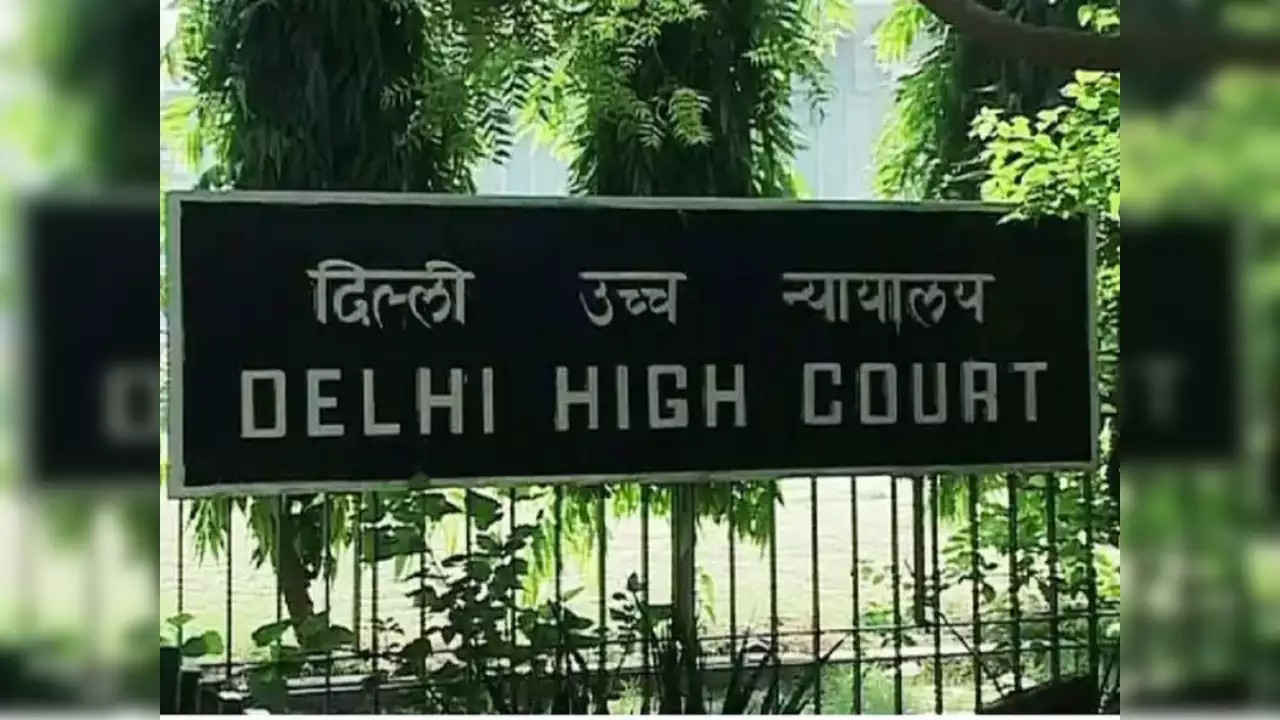AI and Copyright clash: ANI sues OpenAI over unauthorised use of its content

OpenAI, the creator of ChatGPT, has faced several lawsuits related to copyright infringement and misuse of copyrighted material in training its AI models. The latest is the lawsuit filed by the Indian news agency ANI, which alleges that OpenAI used its copyrighted news content to train its AI models without permission.
This marks the first instance of an Indian organization suing OpenAI or any AI company for copyright infringement. However, similar lawsuits have become increasingly common internationally. The implications for how AI and copyright law interact are significant and could shape the future of AI development.
Judge Amit Bansal noted the complexity of the case and announced the appointment of an amicus curiae or a neutral expert or organization to provide the court with valuable insights or information to aid in its proceedings.
What are ANI’s complaints?
ANI has accused OpenAI of training its Large Language Models (LLM) based on ANI’s content. ANI argues that merely because its content is publicly available does not “give OpenAI the right to exploit it or use it or create copies or store it.”
ANI also cited ChatGPT responses that are “verbatim or substantially similar” to articles published by ANI, which makes it a reproduction of copyrighted material and therefore copyright infringement.
Thirdly, ChatGPT also misquoted ANI and made false attributions in several responses.ANI’s lawyer Siddhant Kumar cited several examples including a claim about an ANI interview with Rahul Gandhi that never occurred, along with other instances of misquoting. He stated that such actions could harm his rights, damage ANI’s reputation, and contribute to the spread of fake news and public disorder.
The ANI is seeking Rs 2 crore in damages and a court order to permanently restrain OpenAI or its agents from storing, publishing, reproducing, or using ANI’s works in any way.
OpenAI’s Response to the Allegations
Update: Here is the official response from Open AI spokesperson In response to ANI’s lawsuit.
“We take great care in our products and design process to support news organizations. We are actively engaged in constructive partnerships and conversations with many news organizations around the world, including India, to explore opportunities, listen to feedback, and work collaboratively. Along with our news partners, we see immense potential for AI tools like ChatGPT, including through search, to deepen publishers’ relationships with readers and enhance the news experience.
More broadly, we build our AI models using publicly available data, in a manner protected by fair use and related principles, and supported by long-standing and widely accepted legal precedents.”
OpenAI’s representative, Amit Sibal, stated the company’s commitment to transparency in its operations. He highlighted that, over the past two years, OpenAI has faced 13 lawsuits in the United States, two in Canada, and one in Germany, none of which resulted in any form of injunction against the company. He argued this reflected the company’s compliance with relevant laws and regulations.
Sibal argued that “copyright does not protect ideas or facts, only their expression,” asserting that any information collected and processed by OpenAI was never delivered to users in the same expression as its sources.
Regarding storing ANI’s data, OpenAI clarified that the model functions by learning from information aggregated from various sources. At the time of a query, there is no accessing data from any dedicated database. ANI’s information is not stored in any database.
Regarding potential inaccuracies, OpenAI acknowledged that ChatGPT could sometimes produce false responses if queries were manipulative. The company stated it had addressed every instance of false attribution flagged by ANI and pledged to correct any similar issues in the future.
OpenAI also raised concerns about territorial jurisdiction. Sibal highlighted that OpenAI has no offices in India, with its servers located abroad, and stated that the AI model’s training and data processing occur outside India. Since no reproduction of content took place in India, he argued there was no basis for legal action within the country.
The Road Ahead
Such lawsuits against OpenAI highlight critical questions about the boundaries of copyright law in the AI era. ANI’s case once again underscores concerns about the use of copyrighted materials without consent or compensation, a debate that is increasingly prevalent in creative industries, from journalism to literature and photography. ChatGPT and similar tools compete with publishers by offering information derived from copyrighted works, potentially reducing web traffic and subscription revenue for content platforms.
Several major publishers have taken a collaborative approach and have already signed a licensing deal with Open AI to monetize their content. These include the likes of Associated Press, Financial Times, and Axel Springer, the German publisher of Politico and Business Insider.
As the debate intensifies, these decisions will likely influence the future of content creation and AI innovation.
Deepak Singh
Deepak is Editor at Digit. He is passionate about technology and has been keeping an eye on emerging technology trends for nearly a decade. When he is not working, he likes to read and to spend quality time with his family. View Full Profile




